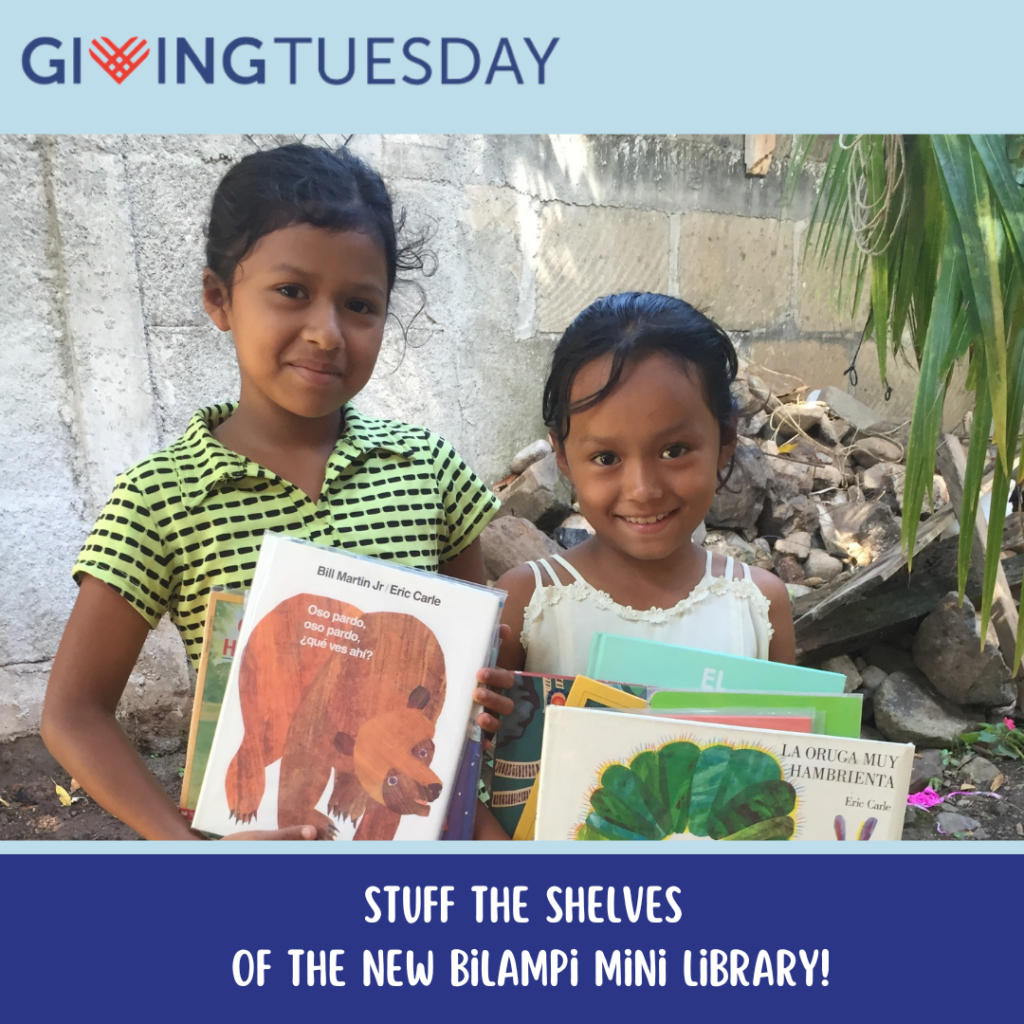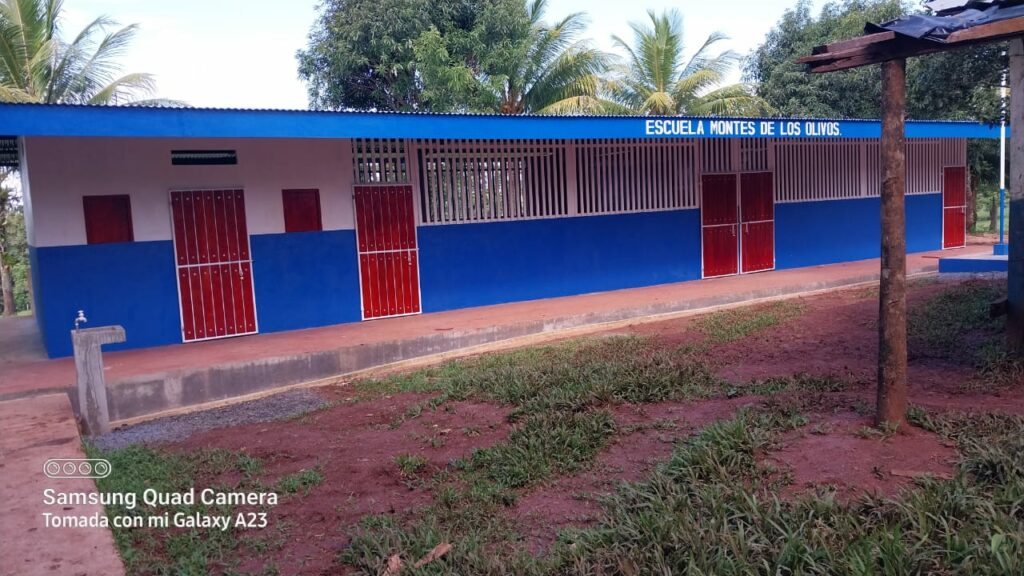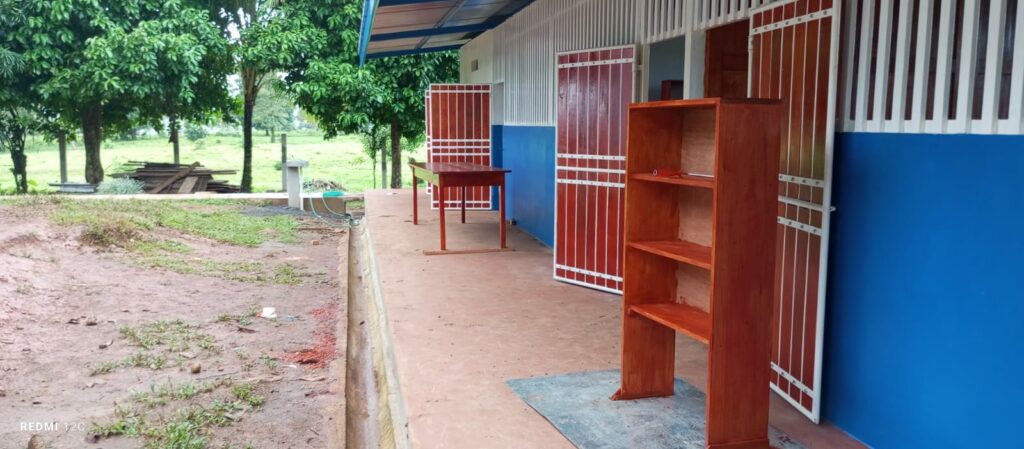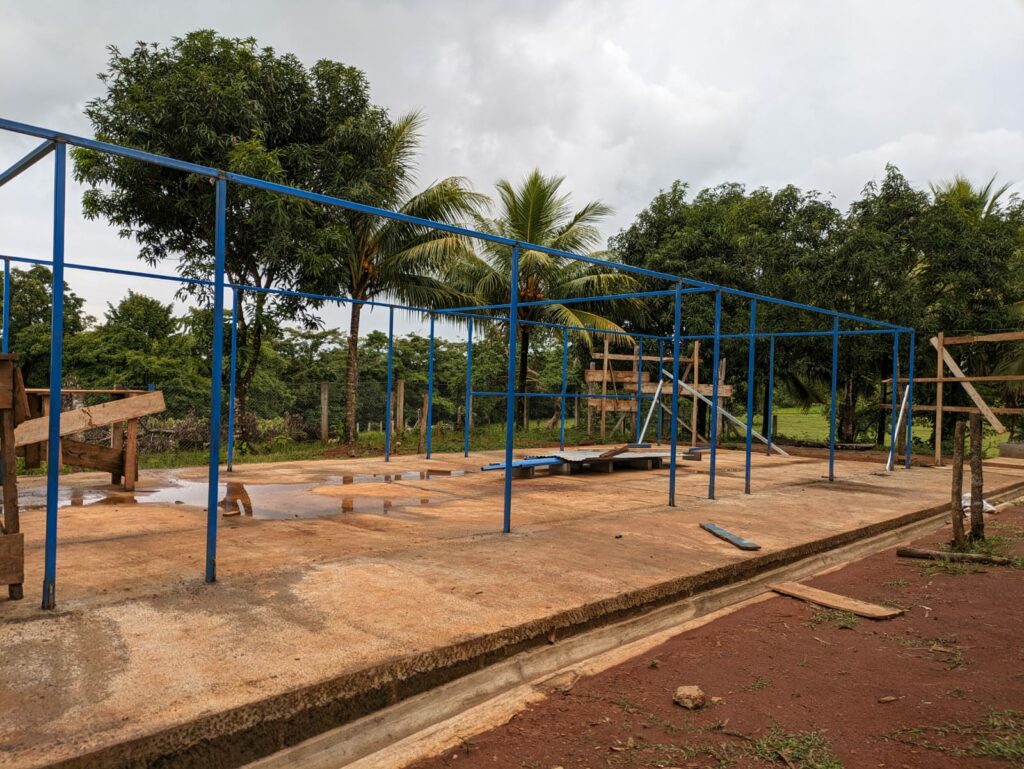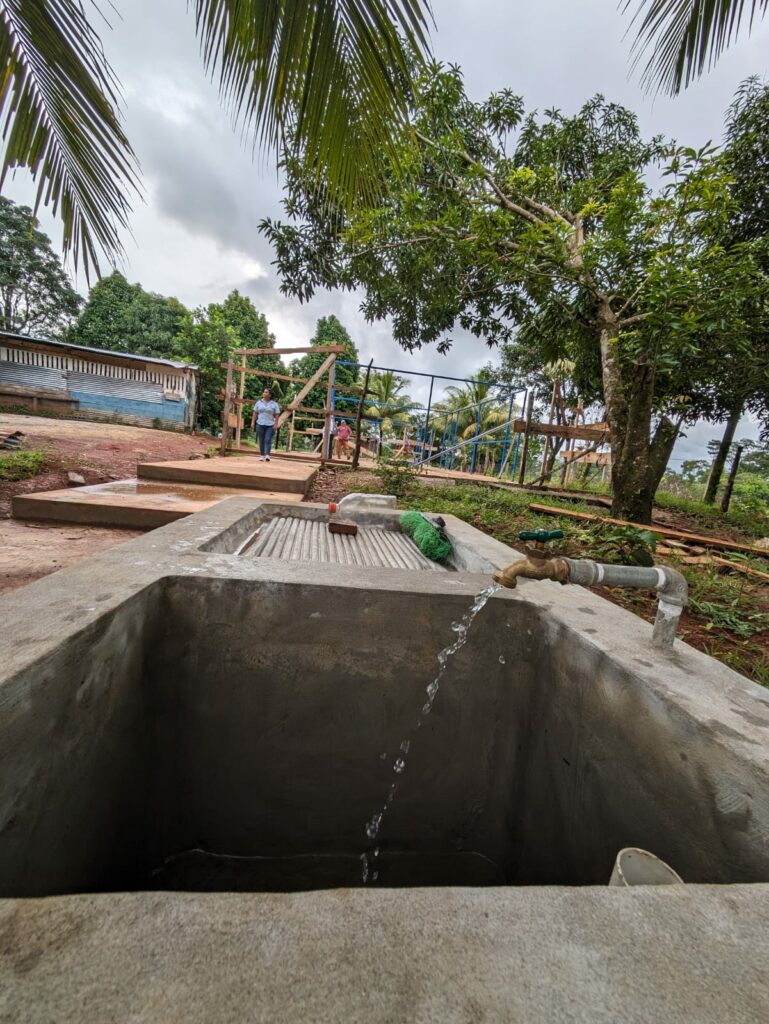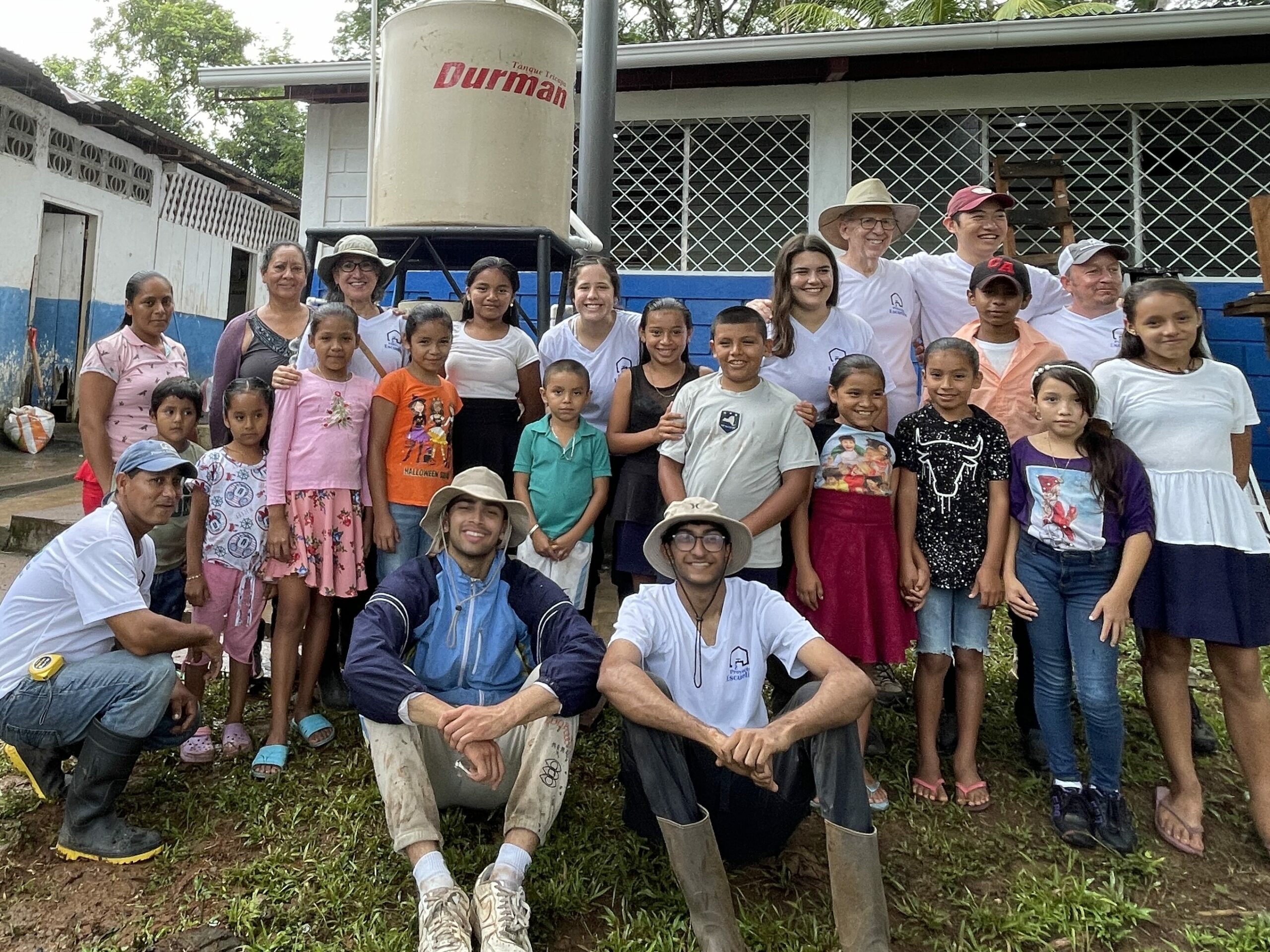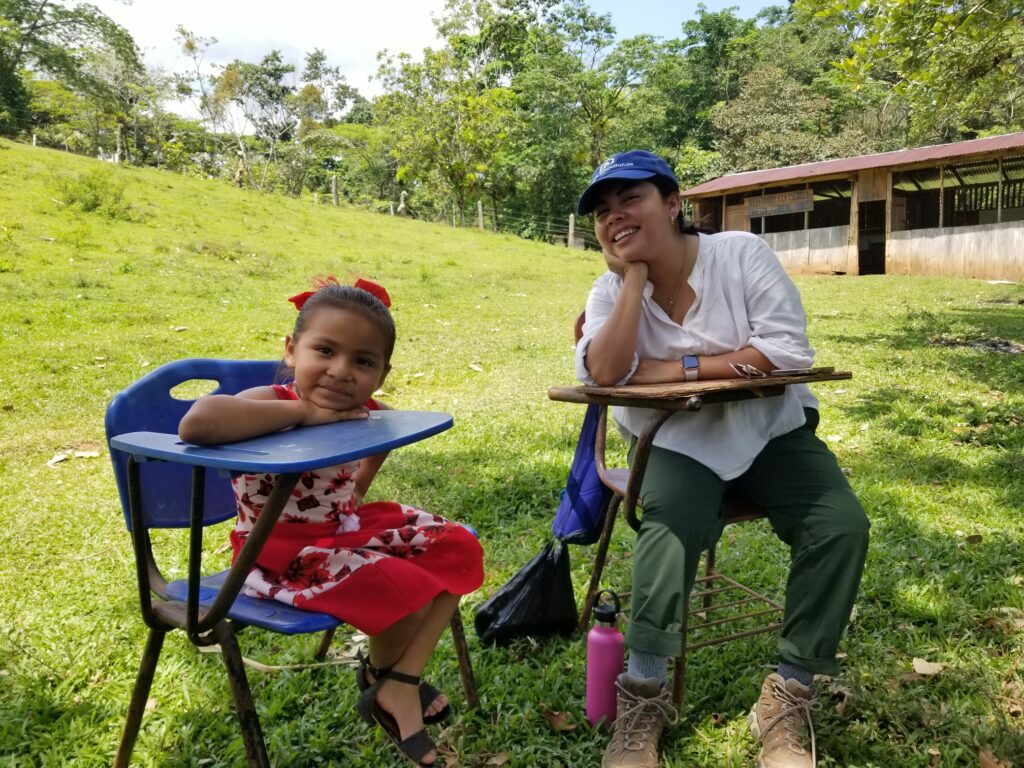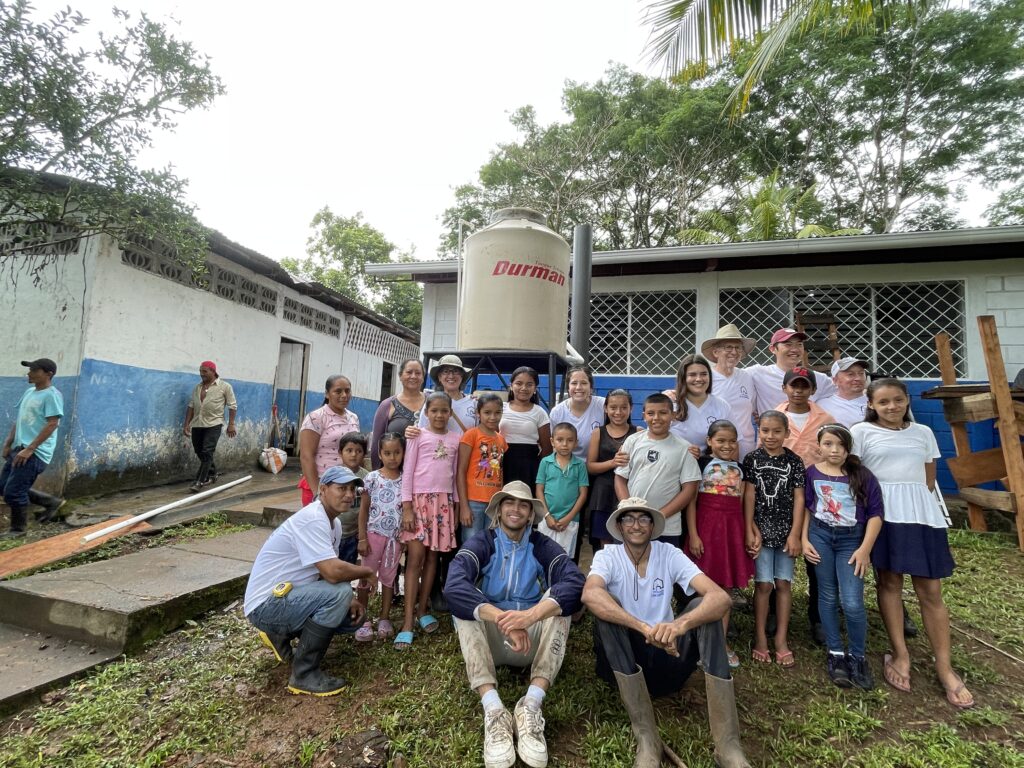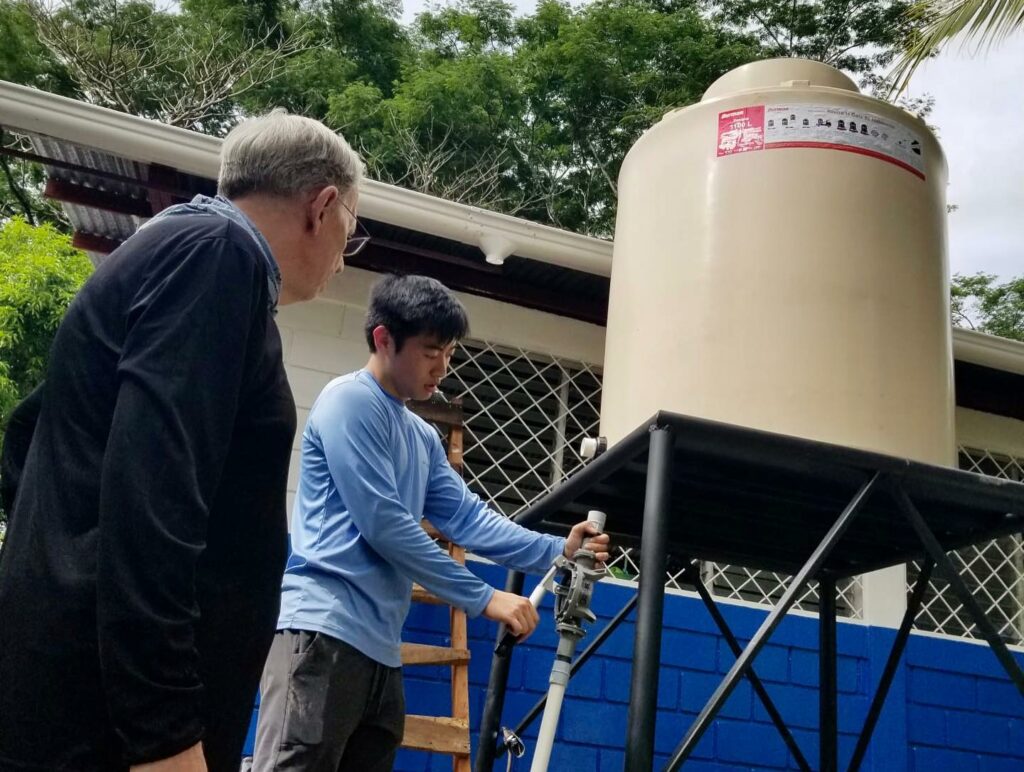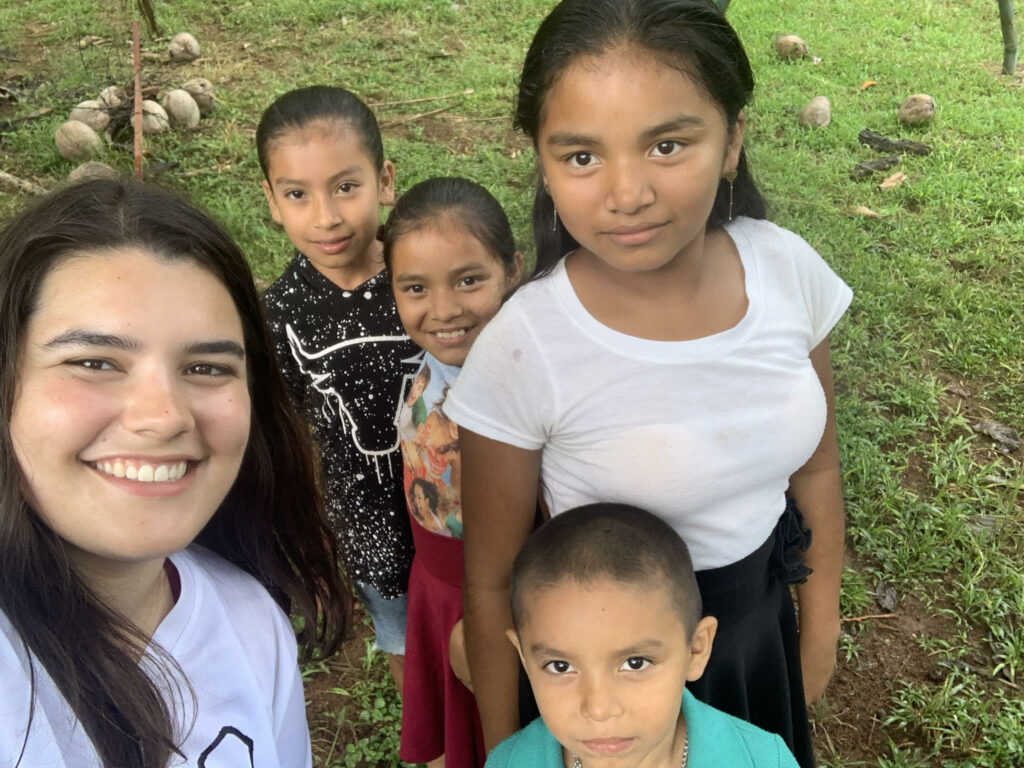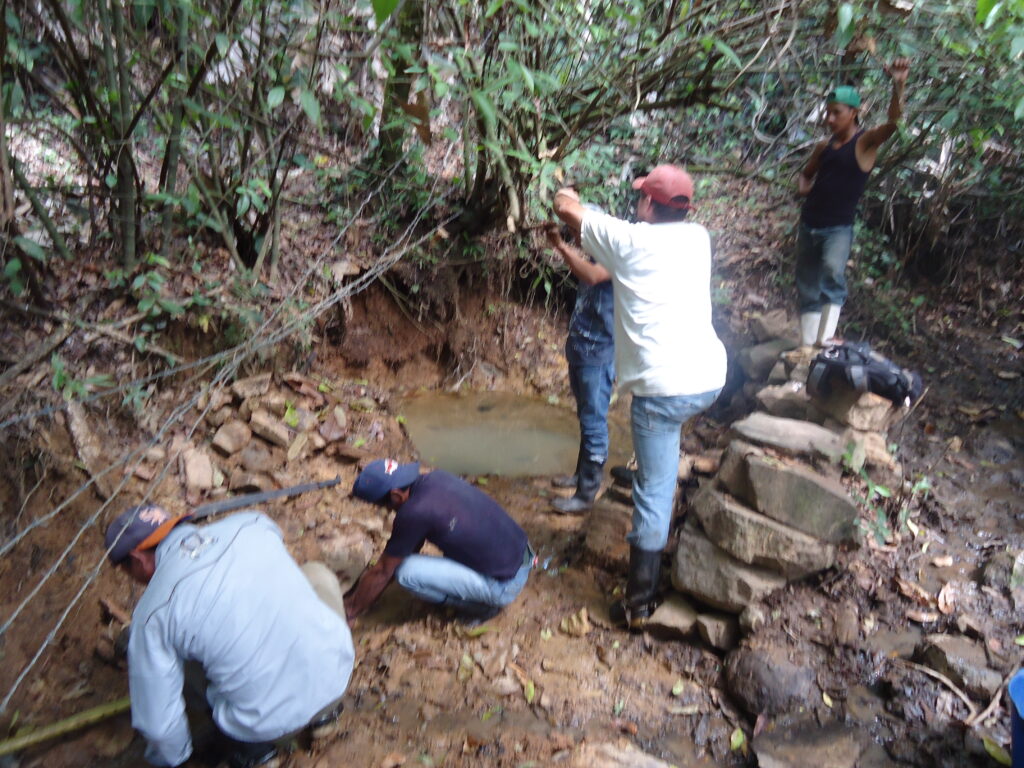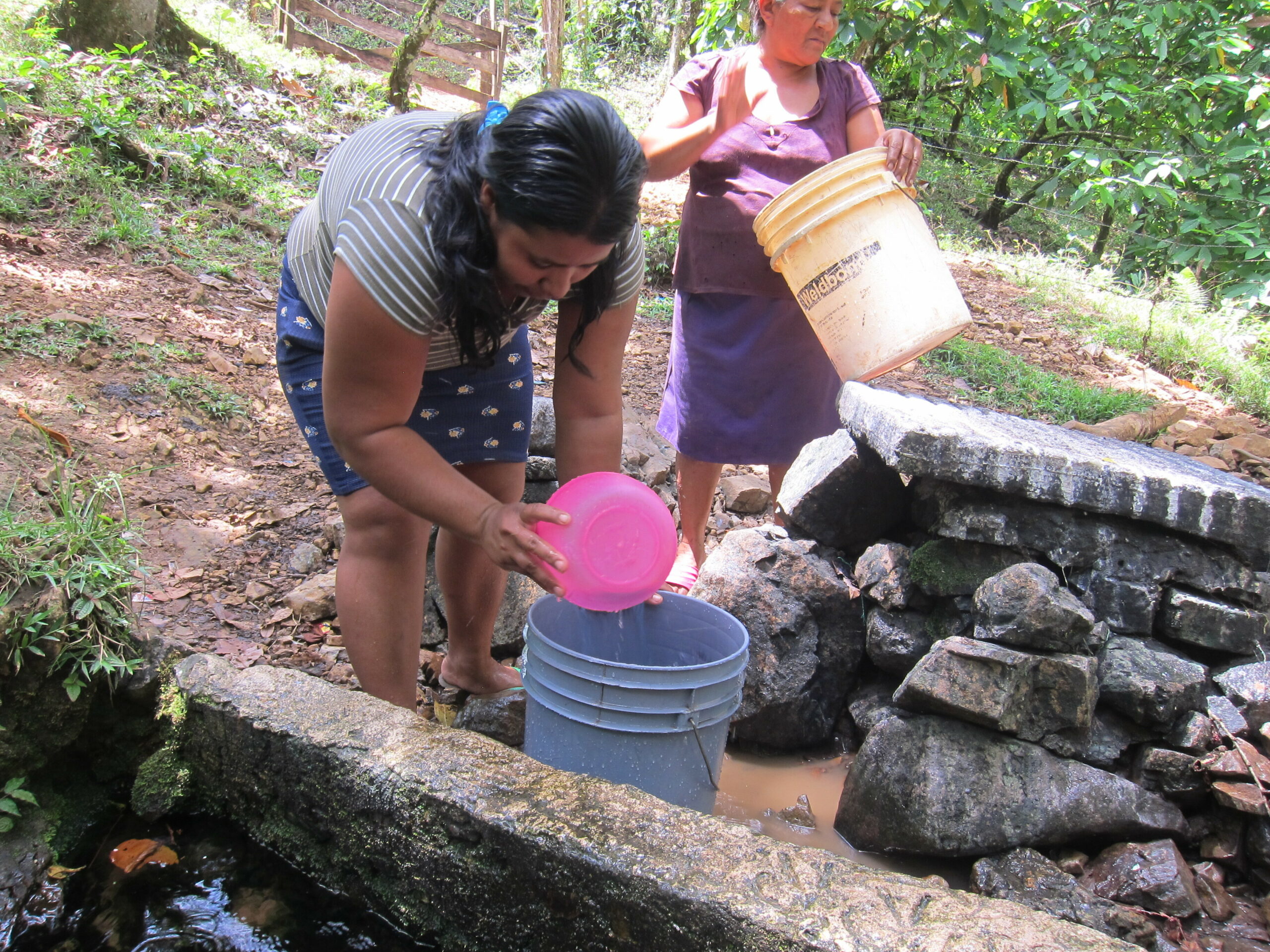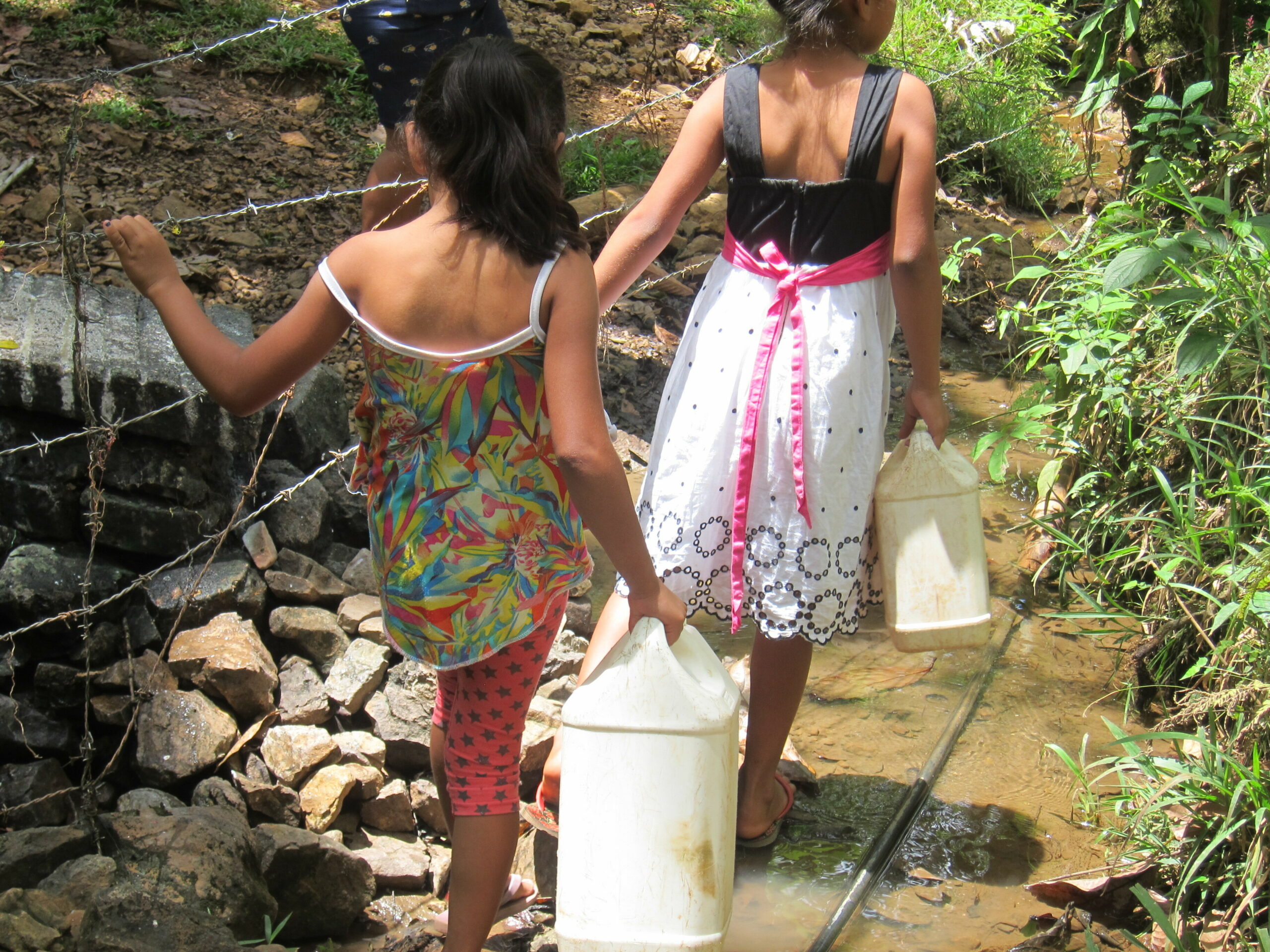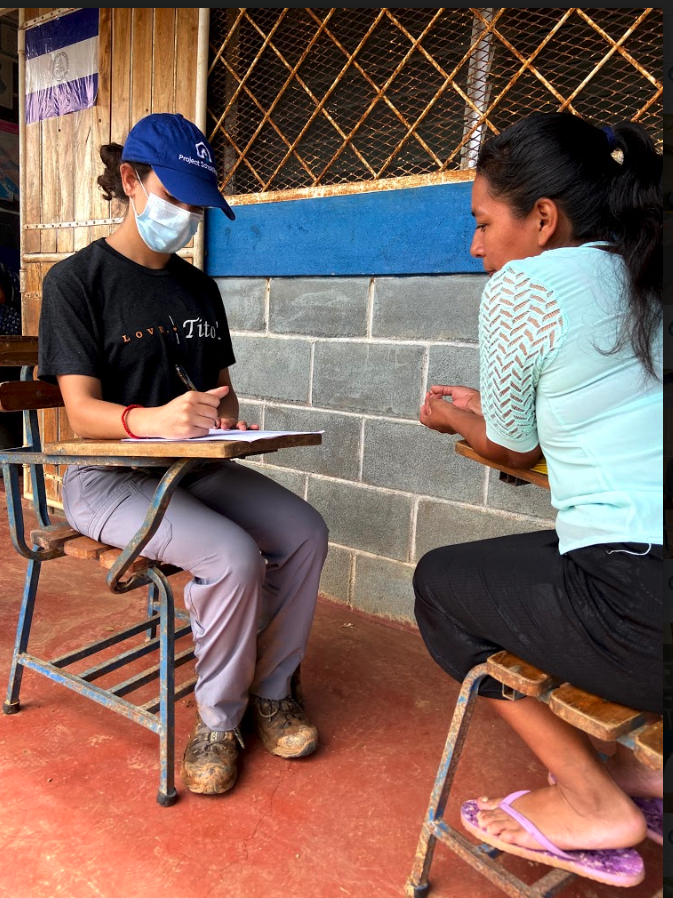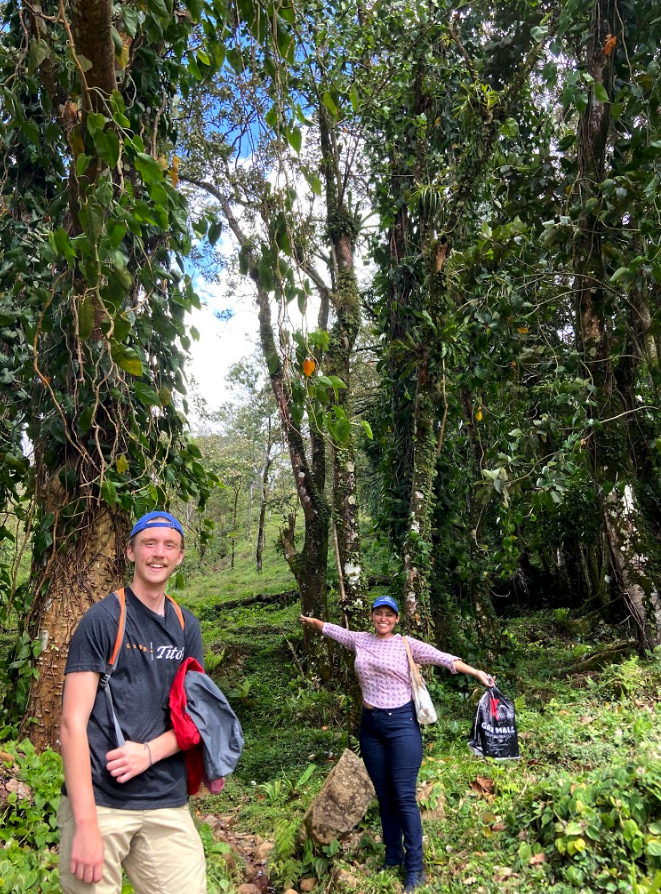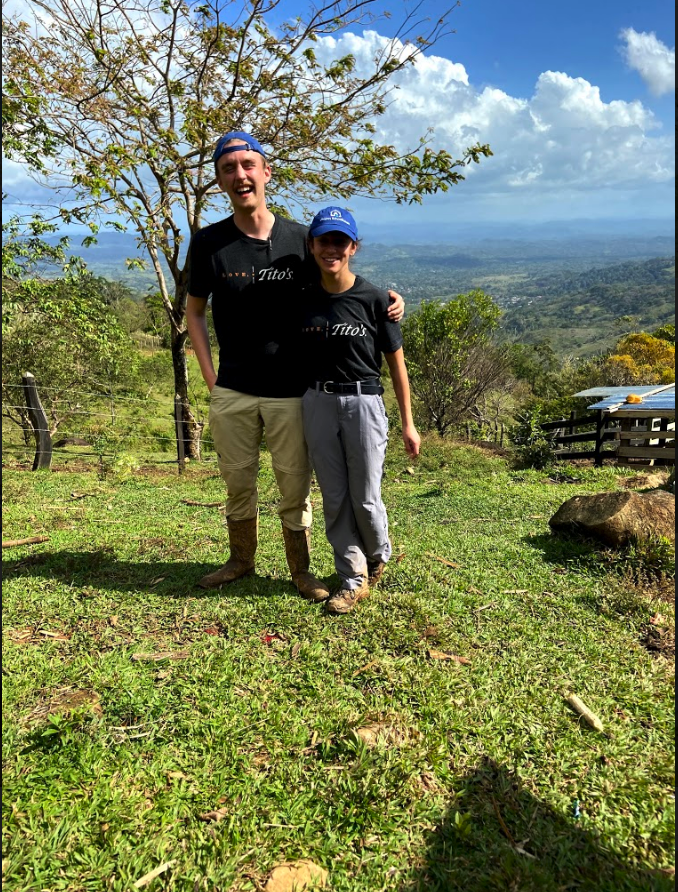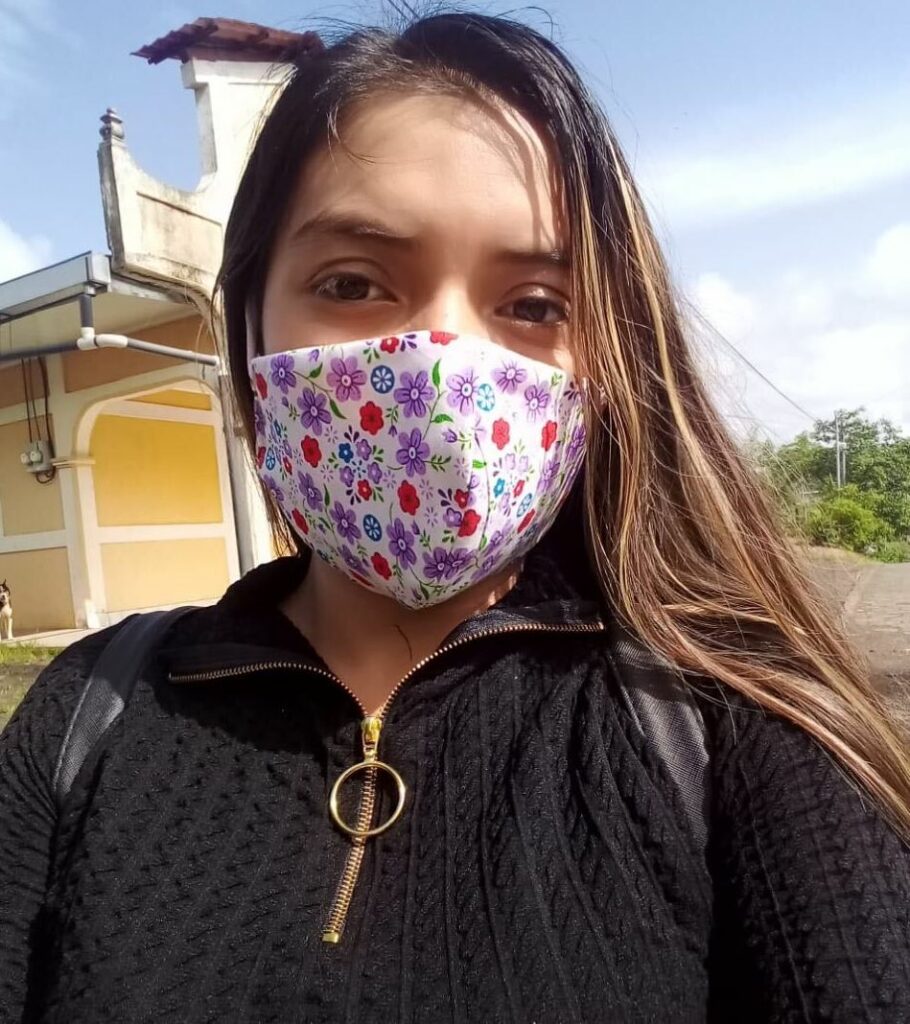Thanks to your support, we were able to meet the Still Water Foundation’s $25k Challenge match, doubling the impact of donations on the night.
We are grateful to our friends, family, and supporters for joining us virtually and in person on our biggest night of the year! This is not your typical fundraising ‘gala’ but a simple, but inspiring evening where those who believe in this work invite friends and family to learn more.
We’re grateful to the Austin Cosmopolitan Rotary Club, UT UNICEF, and Public Health student groups for volunteering to make this event go!











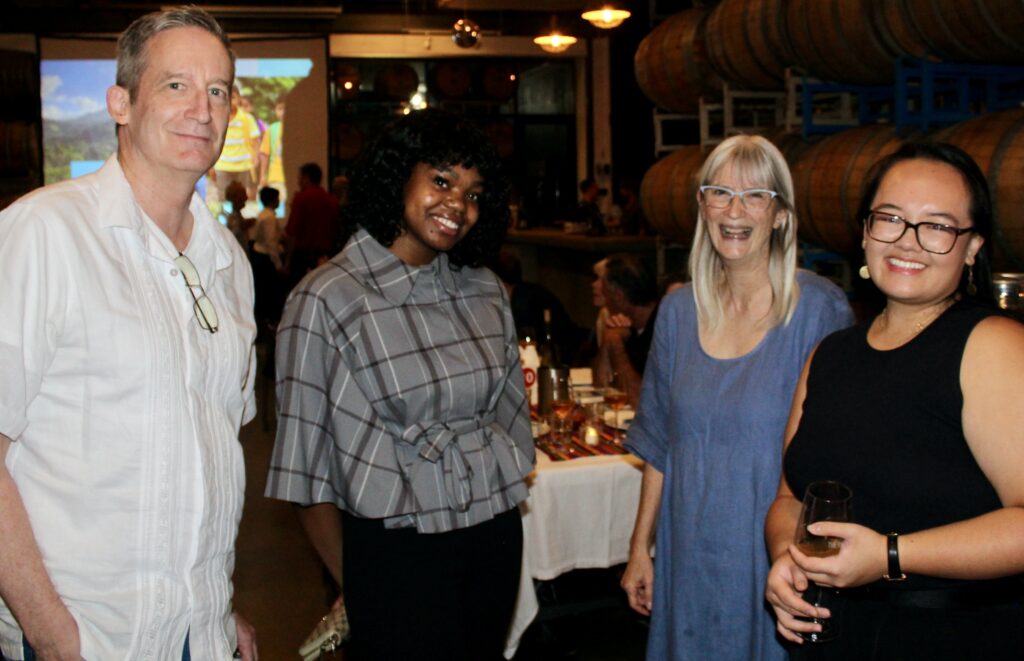


If you would like to receive these photos, send us a message! info@projectschoolhouse.org
